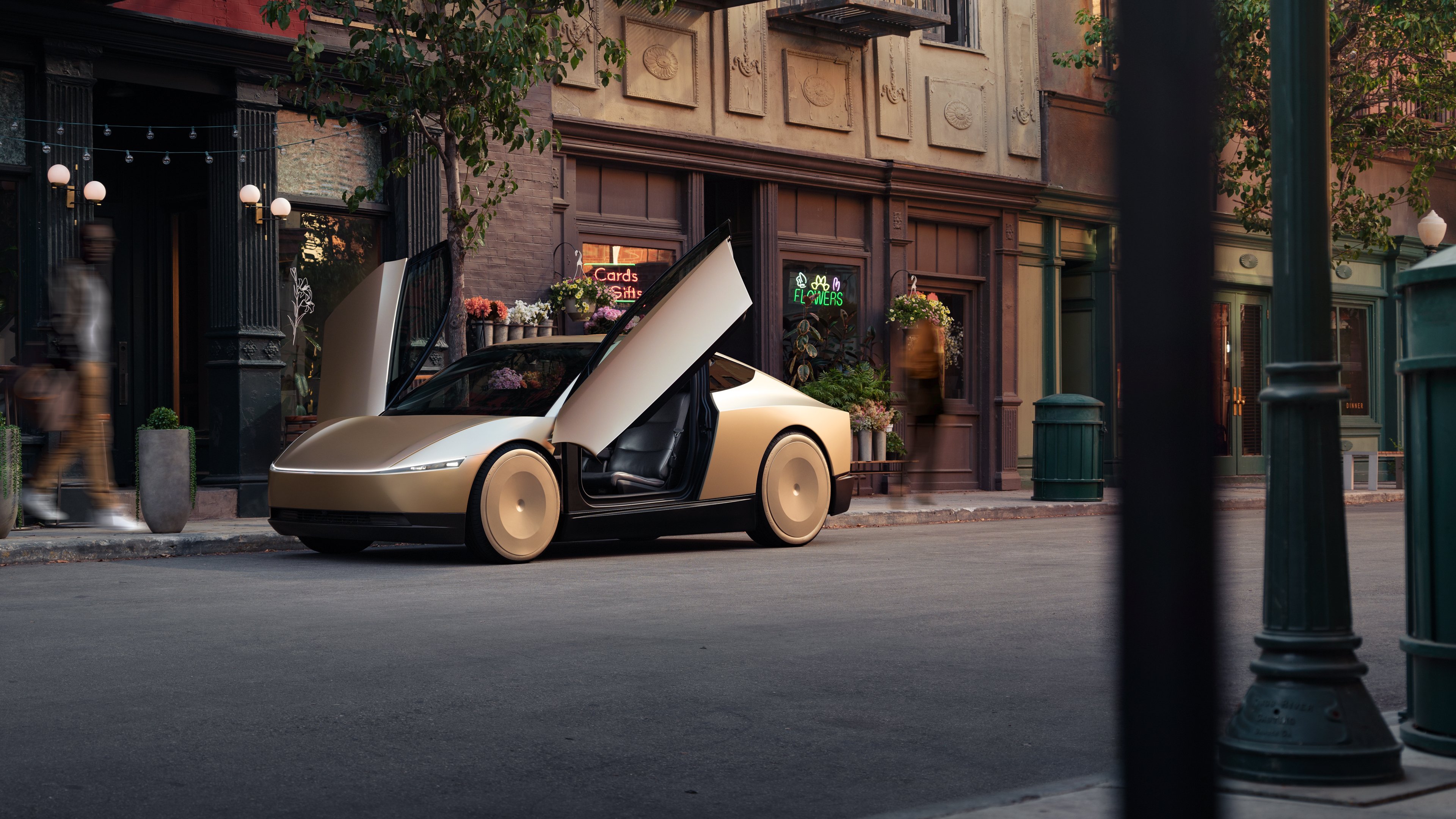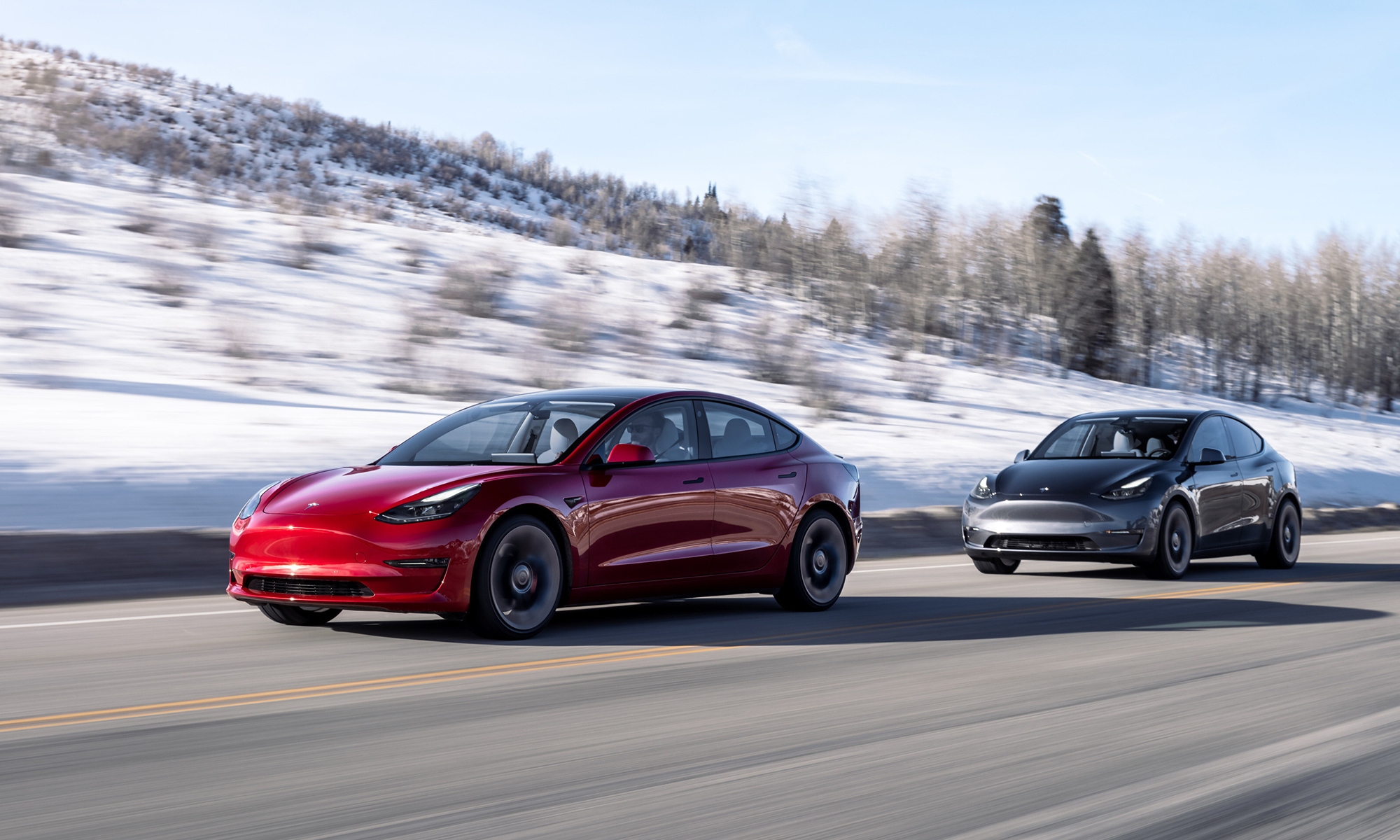Richard Engdahl sits down with the Fool's own John Rosevear to discuss the auto industry. Now The Motley Fool's senior auto analyst, John says it all started with his 2009 article, "Talk Me Out of Buying This Stock" (about Ford -- still one of his favorites). Today he offers an in-depth look at Tesla Motors (TSLA +1.02%) and the electric vehicle market, as well as Chrysler's unique situation with Fiat (NASDAQOTH: FIATY).
Tesla is steadily improving its charging stations, dropping turnaround times for a standard recharge. In this video segment Rosevear explains that the automaker is also working on battery-swapping technology that could make charging an electric car nearly as fast as filling a gas tank.
A full transcript follows the video.
Richard Engdahl: I think I read recently that Elon Musk is pushing for battery swap stations, in addition to -- or in conjunction with -- charging stations.
John Rosevear: Yeah, they demonstrated that. They have the superchargers scattered around the country. They're building more of those.
That's, of course, if you own a Tesla you can drive up, and the original proposition there was you could get the thing half charged in half an hour. They've made it faster since. I think it's now more like you can get it three-fourths charged in 20 minutes, or something like that. But if you want -- and that's free -- that will, they say, always be free for Tesla owners.
But if you want to "fill 'er up," and you want to do it quickly, they've shown this machine that will quickly swap the battery packs out from under a Tesla, and you pay a fee for that.
It sounds like they've kind of set it up like the iTunes store, where you have a login and so forth, and you have an account, and they throw it on your account. You're not even handing over a credit card. They know which car comes, and they know who owns it, and it's like, "All right, we'll charge you for the battery pack," and then take off with a charged-up battery pack out of this machine.
There's some mechanism whereby you'll be able to get your original battery pack back later, charged up, if you want it. The idea is that, for somebody really on the go, you want to just "fill 'er up" in the time that it would take to fill a conventional car with gas. That was something they wanted to introduce.
Richard: That sounds like a great option, especially for people who are concerned about filling up, and the time it takes, and all that. How sustainable is that, or how scalable is that?
John: Unclear. Unclear. They got an advantage -- they were aiming to get an advantage -- in California by having this available under the California air pollution laws, that generate all sorts of credits for electric cars.
There was an option for if it can be recharged in less time than it takes to fill up a comparable gas-powered car, then there was some bonus credit they could get or something, which was why they showed this machine.
I don't know that the California Air Quality Resources Board that governs this has decided or not whether they actually made it. I know there was some skepticism on their part. They thought that Tesla was kind of gaming the regs, and that this doesn't really count as recharging. You're just mechanically sticking another battery in it.
Richard: Was the cost for doing that comparable to filling up a tank of gas?
John: I don't know that they've priced it. If they have, I'm not sure what the price is. Certainly, that was the idea, that it would be $60 or whatever you'd pay to fill a BMW with premium gas. It would be in that neighborhood.






